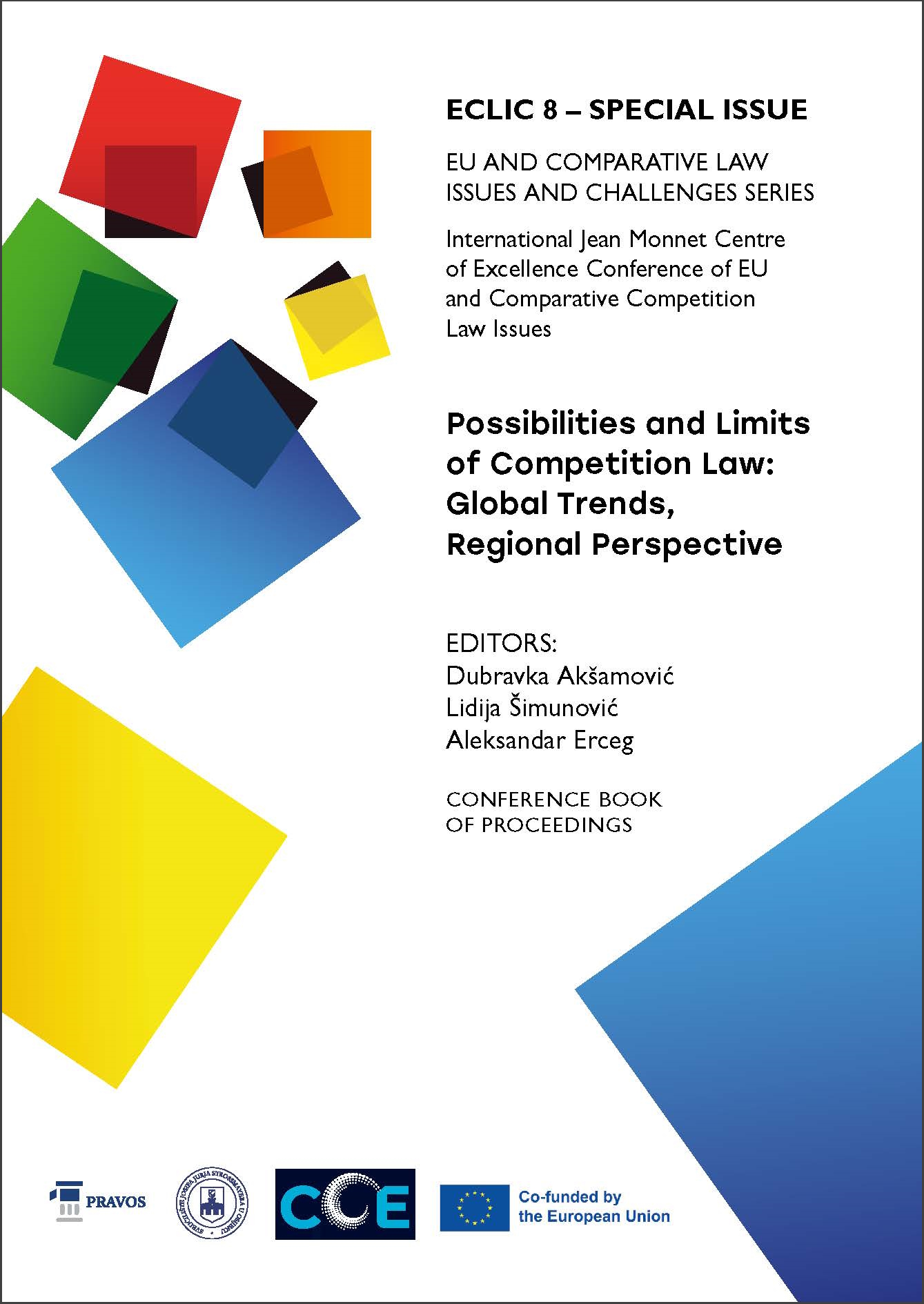CONSORTIA BIDDING IN THE SEE REGION
WHEN DOES COOPERATION BECOME COLLUSION?
DOI:
https://doi.org/10.25234/eclic/35830Abstract
Over the past two decades, the Southeast European (SEE) region has faced persistent challenges in closing the economic development gap with more advanced parts of Europe. To achieve progress in this regard, this region must foster greater cooperation among market participants and promote the execution of large-scale projects while simultaneously ensuring the preservation of competitive market conditions. Since many large-scale projects are executed through public procurements, the legal frameworks and regulatory practices governing consortia bidding may play a pivotal role in shaping the competitive landscape. In this broader context, this paper analyses the competition law enforcement in the SEE region, identifying notable disparities and highlighting variations in national practices and regulatory capacities. Based on the legal and economic analysis, the paper emphasizes the necessity for national competition authorities across the SEE region to adopt the rule of reason approach (i.e., consider the efficiency argument) when assessing consortia bidding. That is crucial since it appears nearly impossible to distinguish pro-competitive cooperation from anti-competitive collusion without conducting an in-depth economic analysis of the effects that a given consortium bidding may have on competition.
Downloads
Published
Issue
Section
License
Copyright (c) 2025 Nikola Ilić

This work is licensed under a Creative Commons Attribution-NonCommercial 4.0 International License.
Authors retain the copyright on the papers published in the Journal, but grant the right of first publication to the Journal. Papers accepted for publication or already published in ECLIC of the Faculty of Law in Osijek may be published by the author(s) in other publications only with proper notice of its previous publication in ECLIC.


